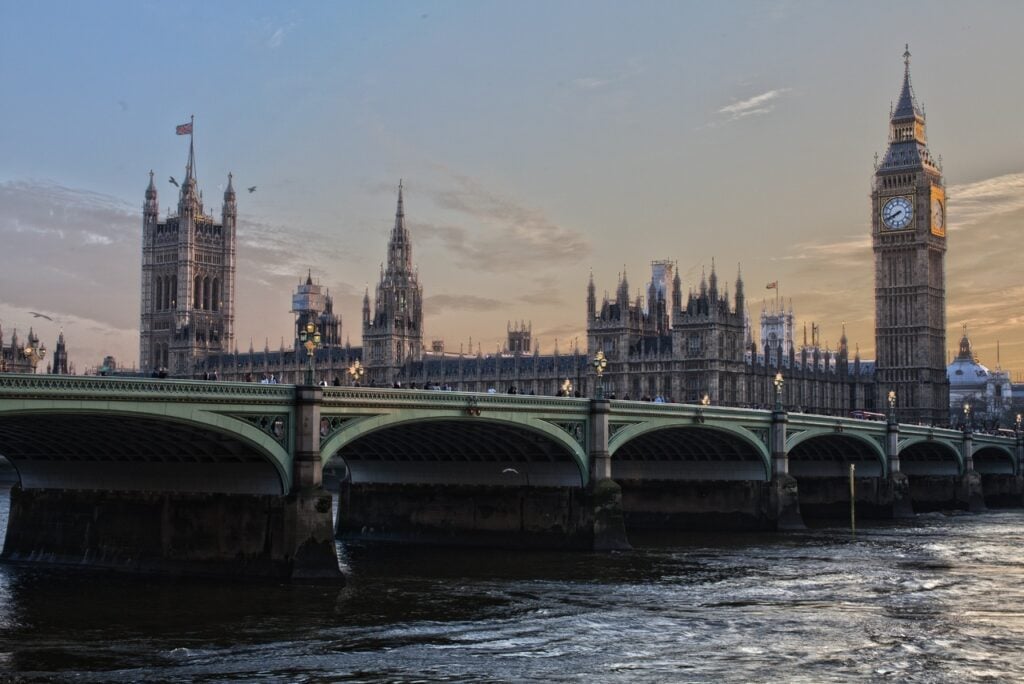A new £5 million scheme has been launched by the government that will support innovative new hydrogen from biomass and waste technologies.
Bioenergy with carbon capture and storage (BECCS) projects from small businesses and large companies, as well as research institutions and universities, can bid for up to £250,000 to help fund project plans and demonstrate feasibility as part of Phase 1 of the scheme.
The technologies are expected to fall into three categories; feedstock pre-processing, gasification components and novel biohydrogen technologies.
BECCS with hydrogen has a unique role to play according to the government, as it can remove carbon dioxide from the atmosphere. During the growth of biomass fuel, it absorbs carbon, which is then removed from the atmosphere using carbon capture technologies.
Meanwhile, the hydrogen produced can be used to power hard to decarbonise sectors such as transport and heavy industry.
“This innovative technology offers incredible potential for removing carbon dioxide from the atmosphere, crucial to reaching our net zero goals,” energy and climate change minister Greg Hands said.
“This government funding will help support the development of this new technology in the UK, boosting green jobs and investment while slashing carbon emissions.”
The Hydrogen BECCS Innovation Programme will be funded through the £1 billion Net Zero Innovation Portfolio, which was unveiled in the Department for Business, Energy and Industrial Strategy’s (BEIS) Net Zero Strategy released in October 2021.
It has already helped support a number of projects, including ScottishPower’s Whitelee green hydrogen project.
BECCS and its potential within the energy transition has long been touted, with Drax entering a project into planning in 2021. In a report from Baringa, commissioned by Drax, it suggested the plant could save the UK over £4.5 billion in comparison to alternative paths to meeting the UK government’s fifth carbon budget in 2028-2032.
However, the technology remains somewhat controversial, with a report from Ember suggesting Drax’s BECSS plant could cost £31.7 billion in public subsidies.
Like BECCS, hydrogen remains a nascent technology in the UK, but one that is increasingly picking up pace. Following the release of the Hydrogen Strategy in August, bp unveiled plans for a 500MWe green hydrogen project in Teeside, a consortium led by Macquarie GIG announced a plan to develop green hydrogen on Orkney and Octopus Hydrogen formed a strategic partnership with Innova Renewables and Novus to rollout green hydrogen production, amongst other projects.
Following on from the first phase of Hydrogen BECCS Innovation Programme, further funding will be available during Phase 2 for demonstration projects.





